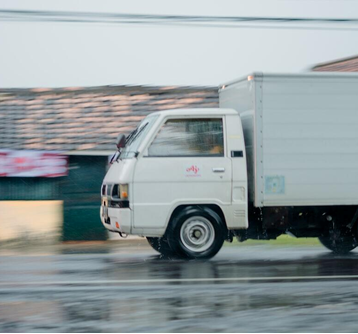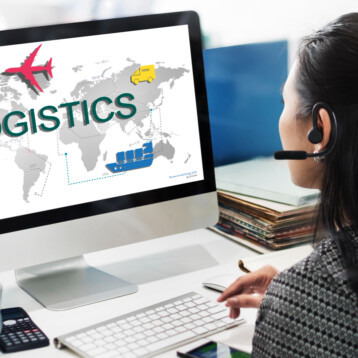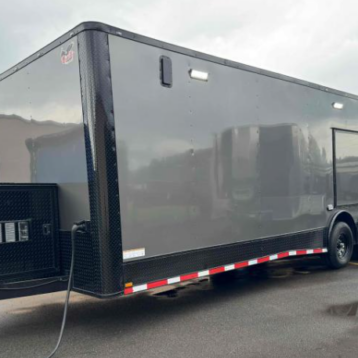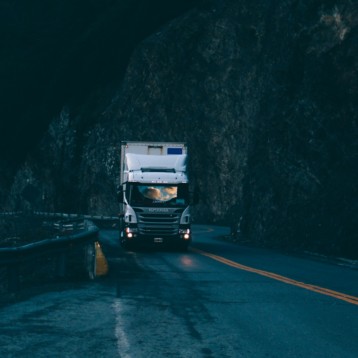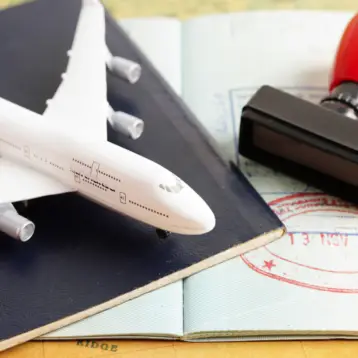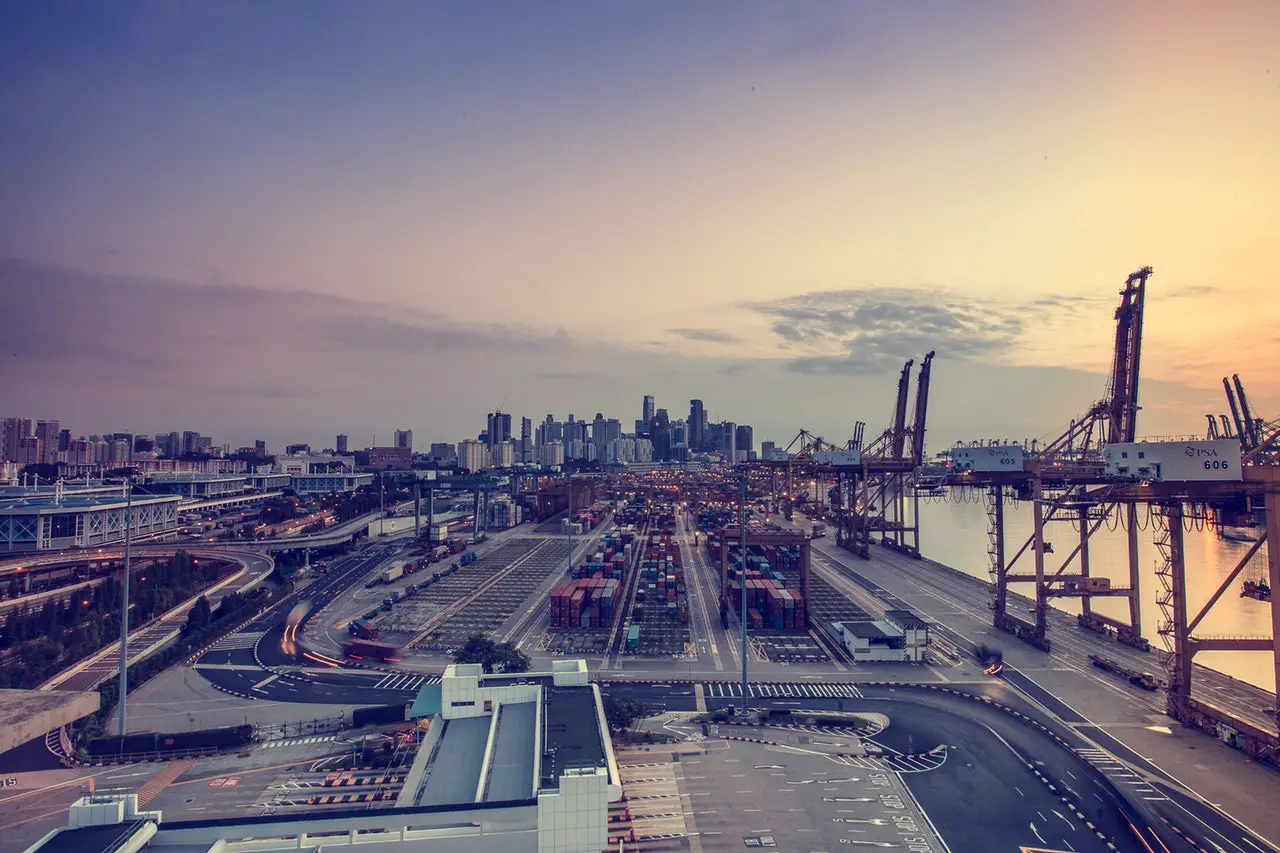
Your business will likely need to consider transporting something from one place to another. This might be delivering a good, supplying another business. It pays to know how, especially if you get to the point where you run independent transport systems, or you have specific requirements for a specialist carrier.
To achieve this successfully, you should keep some absolute musts in mind. The checklist of moving goods worldwide should look something like this:
Bulk/Quantity
You should be aware that packaging your goods is essential for safe transport. From storing them correctly to ensuring the correct weights, and perhaps even being charged based on that, you will be able to make minor adjustments to the contracts you put out to have this work completed. Thankfully, this is relatively easy to do, and packaging all of this ideally in advance will help your transit company generate a figure for you that makes the most sense. Be sure to be forthright about the quantity of your goods, and always prize safety over packaging more items into one storage container.
Time Estimates
When transporting goods over a long distance, time is more of an estimate and not a flat accurate date. Negotiate with your carrier regarding an ideal time and a time of acceptance for the item to arrive. Many carrying firms will offer you a refund or at least some form of recompense if your items are not delivered in time, as this can have knock-on effects to the whole of your operation, and unfortunately leave you on sour terms with the recipient. However, it is your job to never promise an insanely speedy service in the first place if you’re unsure that this can be seen to. Know your allowances ahead of time and you can plan for any contingency that comes up.
Dangerous Goods
Dangerous goods or goods that require care to be handled might require a specialist service. For example, some will offer freezer trucks for transporting food items, or heavily sanitized interiors if transporting raw meat for clients. Transport is not a one fits all sized solution. It might be your carrier can offer you some help or direct you to a more appropriate service. Remember though that you might have to make some arrangements yourself. For example, chemical dilutions can be the safest methods of transporting elemental or liquid goods from one place to another, and can greatly help you increase the safety and environmental management of the transportation process in question. It pays to know your requirements for that, and plan in advance around this, rather than reversing the process and having your carrier or personal vehicles adapt to your requirements.
Working Relationships
If transmitting valuable items from one place to another, it’s likely this is not the first time you will do that. Build good working relationships with logistics companies, and they might cut you great deals or help you save money for every tenth truckload of supplies you send to a certain area. When developing these relationships your transport reliability is heightened, and that helps everything tick along smoothly.
With these tips, you are likely to find your transport solutions more than catered for.

